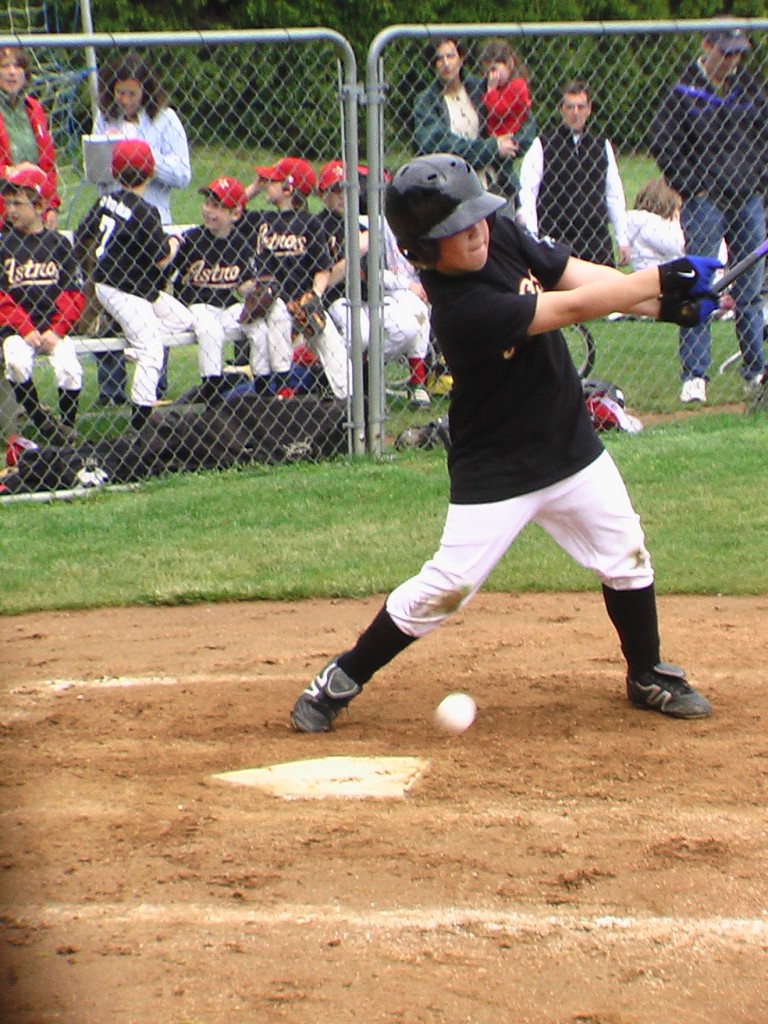 As part of a drug sting, an undercover federal agent drove a truckload of marijuana to an industrial park in McHenry, Illinois, on March 18, 2008. The agent had arranged to deliver the drugs to Irineo Gonzalez, a target of the sting. Although Gonzalez showed up to meet the agents, there were some difficulties with getting him to accept and unload the shipment. After a time, the owner of one of the businesses at the industrial park, Cardenas, decided to check out what was going on. He apparently had no connection to Gonzalez or the government, and simply assumed that the truck was carrying legitimate goods. In order to assist with the unloading, he summoned three of his employees, including Leobardo Lara. After the truck was opened, however, it immediately became apparent to everyone what the contents were. Cardenas ordered the truck off the premises, but the federal agent — seeing the opportunity for a successful sting slipping away — refused to go. Cardenas then left the scene to call the landlord. The agent tried without success for several minutes to convince the three employees to unload the truck. Gonzalez also tried, offering to pay them with marijuana. Still, they refused. Finally, the agent called the landlord, who (unbeknownst to Cardenas or his employees) was being paid by the government for the right to use his industrial park as the site of the sting. The landlord reassured the employees that it was fine for them to unload the drugs and that he would “take responsibility” for whatever happened. Only then did the employees help with the unloading, receiving no payment for their work. Lara, who contributed his forklift to the unloading operation, was then arrested and eventually convicted of possession with intent to distribute — even though the government conceded he had no connection to the drug shipment before his employer summoned him to unload the truck.
As part of a drug sting, an undercover federal agent drove a truckload of marijuana to an industrial park in McHenry, Illinois, on March 18, 2008. The agent had arranged to deliver the drugs to Irineo Gonzalez, a target of the sting. Although Gonzalez showed up to meet the agents, there were some difficulties with getting him to accept and unload the shipment. After a time, the owner of one of the businesses at the industrial park, Cardenas, decided to check out what was going on. He apparently had no connection to Gonzalez or the government, and simply assumed that the truck was carrying legitimate goods. In order to assist with the unloading, he summoned three of his employees, including Leobardo Lara. After the truck was opened, however, it immediately became apparent to everyone what the contents were. Cardenas ordered the truck off the premises, but the federal agent — seeing the opportunity for a successful sting slipping away — refused to go. Cardenas then left the scene to call the landlord. The agent tried without success for several minutes to convince the three employees to unload the truck. Gonzalez also tried, offering to pay them with marijuana. Still, they refused. Finally, the agent called the landlord, who (unbeknownst to Cardenas or his employees) was being paid by the government for the right to use his industrial park as the site of the sting. The landlord reassured the employees that it was fine for them to unload the drugs and that he would “take responsibility” for whatever happened. Only then did the employees help with the unloading, receiving no payment for their work. Lara, who contributed his forklift to the unloading operation, was then arrested and eventually convicted of possession with intent to distribute — even though the government conceded he had no connection to the drug shipment before his employer summoned him to unload the truck.
I’m hard pressed to see a good justification for this prosecution.
 Under O’Lone v. Estate of Shabazz, 482 U.S. 342 (1987), prison officials may restrict inmates’ religious practices, but such restrictions are constitutionally limited to those that reasonably relate to legitimate penological objectives. The Religious Land Use and Institutionalized Persons Act offers additional, statutory protections. But talk of a religious practice normally conjures up the image of an organized religious group acting pursuant to shared beliefs. What are we to make of an inmate who seeks an accommodation based on an indiosyncratic “religious” belief that is not actually espoused by his or her sect? Must an inmate’s belief be officially supported by an organized religious group in order to receive legal protection?
Under O’Lone v. Estate of Shabazz, 482 U.S. 342 (1987), prison officials may restrict inmates’ religious practices, but such restrictions are constitutionally limited to those that reasonably relate to legitimate penological objectives. The Religious Land Use and Institutionalized Persons Act offers additional, statutory protections. But talk of a religious practice normally conjures up the image of an organized religious group acting pursuant to shared beliefs. What are we to make of an inmate who seeks an accommodation based on an indiosyncratic “religious” belief that is not actually espoused by his or her sect? Must an inmate’s belief be officially supported by an organized religious group in order to receive legal protection?

